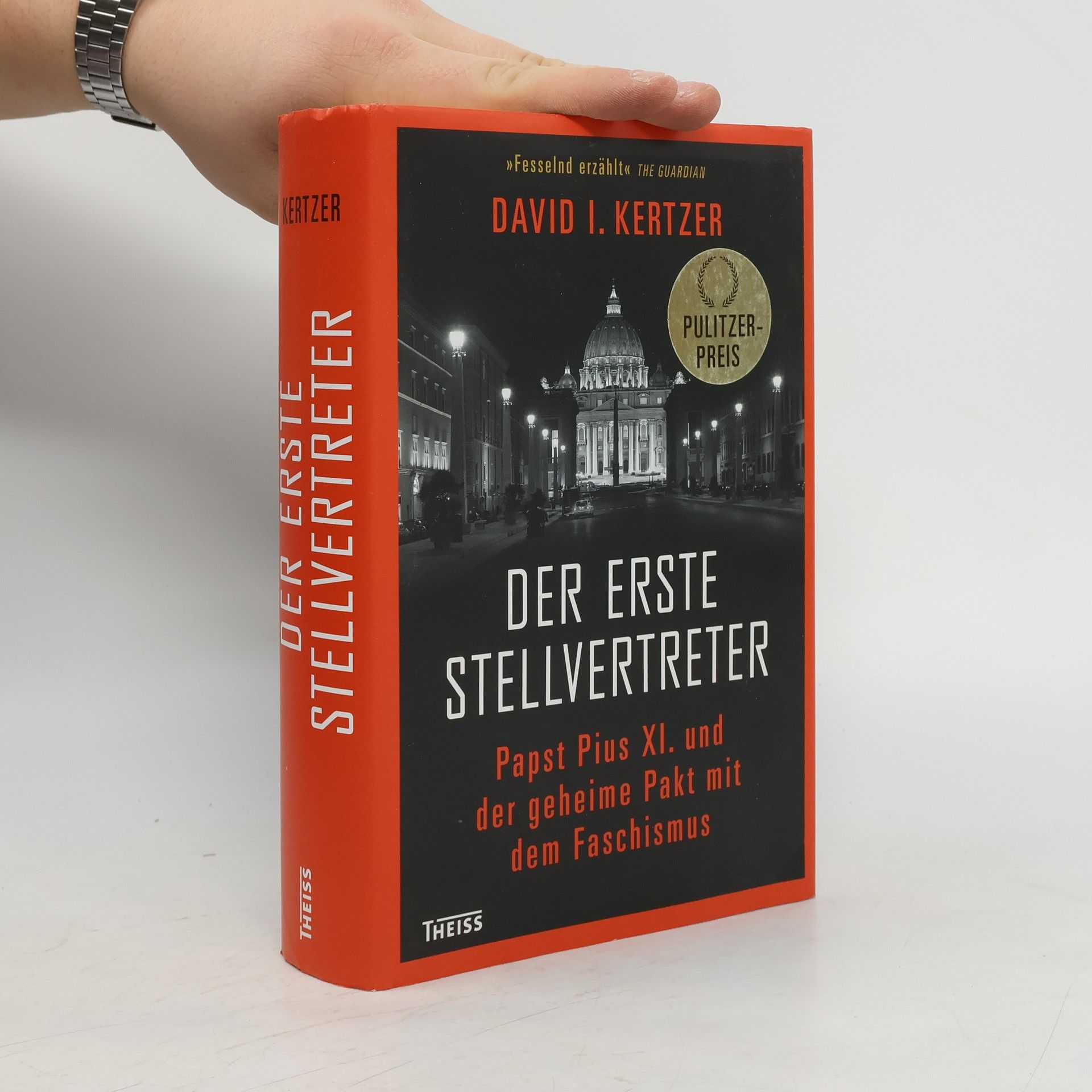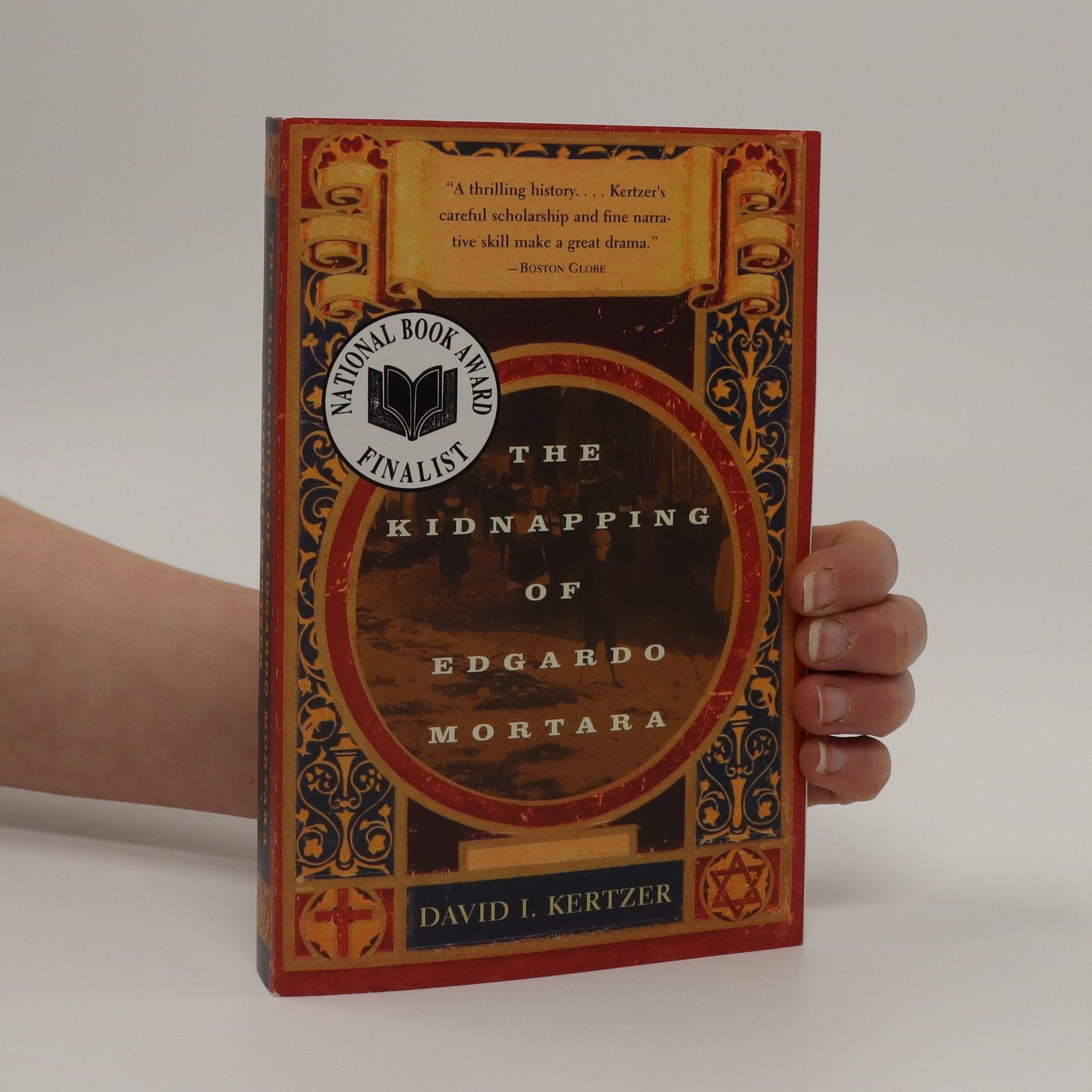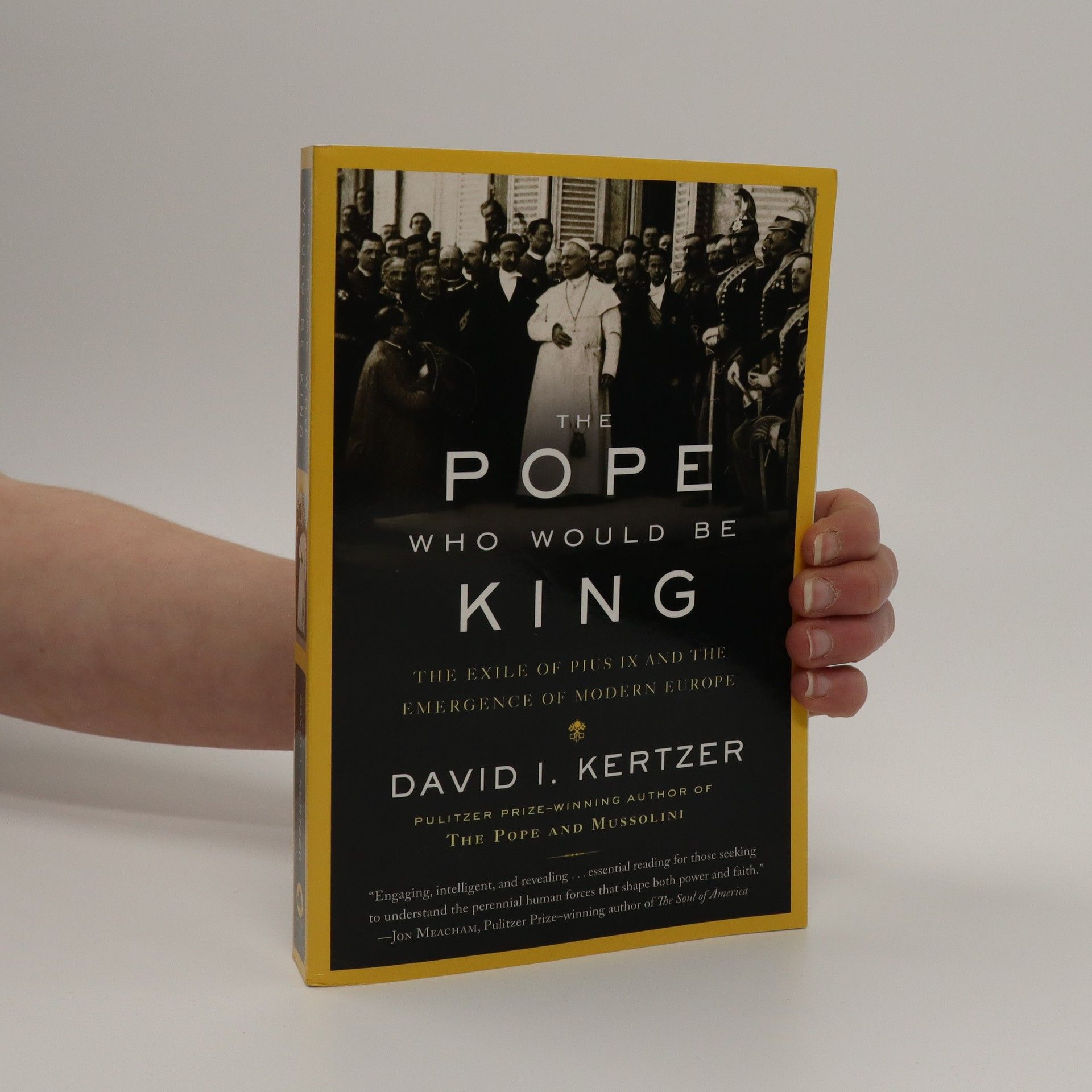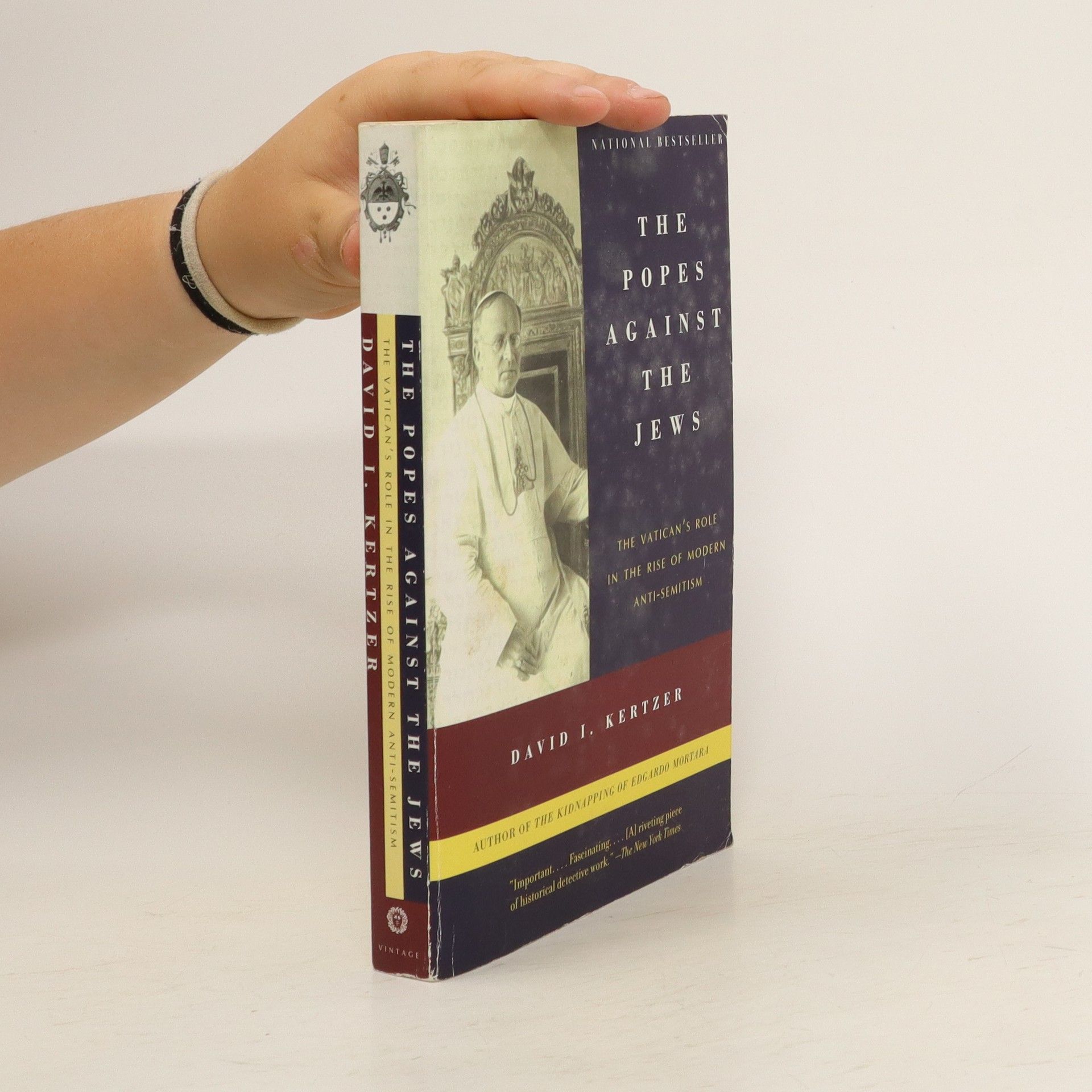Papež ve válce: Tajná historie Pia XII., Mussoliniho a Hitlera
- 560 pages
- 20 hours of reading
V březnu 2020 byly otevřeny archivy z doby pontifikátu Pia XII., takže dnes lze vyprávět ucelený příběh o tom, jaké kroky tento kontroverzní papež podnikal během války. Kniha Papež ve válce nabízí čtenářům první vyčerpávající popis těchto událostí, který z nedávno zpřístupněných archivů čerpá. Její stránky jsou plné dosud neznámých materiálů a nových odhalení. Autor při přípravě této knihy přečetl tisíce těchto dokumentů, především těch, které se bezprostředně dotýkají rozhodnutí, jež Pius XII. učinil v letech 1939—1945. Papež ve válce představuje podrobnou kroniku dramatu, jehož hodnocení začalo již krátce po válce vyvolávat vášnivé debaty.







